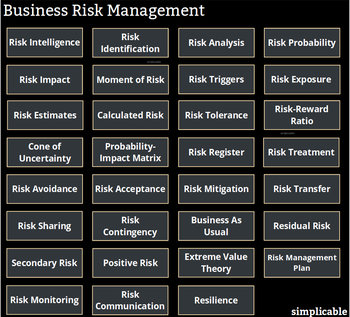Investing Related Comparisons
Investing
| |
Alpha and beta are both measurements of investments. Despite the similarity in their names, being the first and second letters in the Greek alphabet, they are very different measurements.Alpha is a measurement of the performance of an active investor relative to a stock index. For example, an alpha of 1 indicates that an investment outperformed a major stock index by one percent. An alpha of -1 indicates underperformance by one percent.
Beta is a measurement of the volatility of an investment relative to a stock index. A beta of 1 indicates that a stock tends to move with the market. A beta greater than 1 indicates that a stock tends to be more volatile than the market. A beta less than 1 indicates that a stock may be less volatile than the market because it doesn't tend to move with the market. Beta is used to model risk but is not a general indicator of risk or volatility. In some cases, a low beta investment is quite volatile.
Alpha is often judged in relation to risk. An investment that achieves high alpha often takes on significant risk. In such cases, investment results are likely to regress toward the mean over time. In other words, a risky investment strategy tends to have periods of dramatic overperformance and underperformance. Beta is related to alpha in the sense that it is one factor that goes into the estimation of risk.|
| Alpha | Beta | Definition | A measure of the performance of an investment relative to a major stock index. | The correlated volatility of an investment relative to a market index. | Use | Evaluation of investment performance. | Provides a clue as to the volatility of an investment.Used in risk models to detect situations in which diversification doesn't work because investments in a basket all tend to move together. |
Investing
This is the complete list of articles we have written about investing.
If you enjoyed this page, please consider bookmarking Simplicable.
© 2010-2023 Simplicable. All Rights Reserved. Reproduction of materials found on this site, in any form, without explicit permission is prohibited.
View credits & copyrights or citation information for this page.
|






























